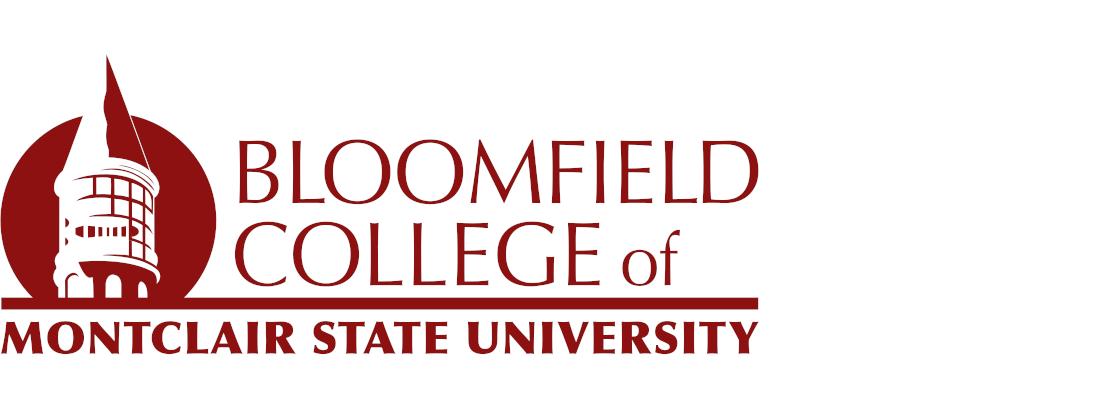Disciplinary Courses
Integrated Science is an introductory course that deals with the fundamental behavior of matter and energy in living and nonliving sys- tems. It is intended to serve the needs of non- science majors who are required to complete science courses as part of the general educa- tion requirements. It introduces basic con- cepts and key ideas while providing opportu- nities for students to learn reasoning skills and a new way of thinking about their environ- ment. Laboratory work is an integral part of the course. Science majors may not enroll in this course without the consent of the Instructor.
The introductory course in astronomy explains how physical laws prescribe natural processes in the universe. It includes discussions on the motion, composition and evolution of the planets, stars and interstellar matter and, examines the structure and evolution of the universe using the Big Bang theory. Some lab is an integral part of this course.
This is an algebra-based course covering some of the fundamental principles and laws of nature. Topics include Newtonian mechanics, fluids, kinetic theory of gases, heat and thermodynamics, periodic phenomena and wave motion. This course consists of lecture and one three-hour laboratory per week.
This course is a continuation of PHY 105. Topics include electricity, magnetism, light, geometric and wave optics, quantum and atomic physics. The course consists of lecture and one three-hour laboratory per week.
(Also LAC 111) An analysis of the theory and universality of culture from the historical, functional and structural approaches. Emphasis on cross-cultural comparisons as a basis for understanding contemporary society.
This course will develop students' self-awareness in terms of values, interests, and skills and provide information about occupations through studies of career areas. It also aims to help students connect self-awareness with information about the world of work and helps develop communication skills needed for interviewing and careers. Teaching methods will include lectures, class discussions, and videotaping.
This entry level, multidisciplinary course is recommended of all evening and weekend freshmen. It is designed to help adult learners make the transition to formal learning by strengthening skills and acquiring new knowledge. The course also aims to help students learn to balance personal, professional and academic schedules.
Basic skills and techniques of sports officiating with emphasis on both the theory and the practical aspects.
Figure and Form I combines “keep fit” exercises through elements of calisthenics, dance and aerobics. Movement awareness is extended through class observations and live performances. Figure and Form II combines group leadership opportunities and personal evaluations in addition to movement awareness.
Fundamentals of weight lifting, isometrics, and exercises. Individual progressive programs are available for interested students.
Explanation, demonstration and participation in the basic skills. Emphasis given to grip, footwork, forehand, backhand and serve. Terminology and playing tactics of tennis. Offered during the second semester.
The spectator viewpoint regarding football, basketball, baseball, and soccer. The courses emphasize greater understanding and appreciation for team sports as a nonparticipant.
(Also LAC 210) Cultural traditions of the Anglo and French Caribbean will be explored. Each cultural area will be examined in terms of its history of slavery and plantation life, race and ethnic relations,socio-economic and political change, and family and community organization.
(Also AFS 213) An anthropological study of the cultures and social structures, ethos, and configurations of sub-Sahara Africa. The cultures of Black Africa are examined in order to provide an understanding of Black Africa and its contributions to the Americas.
Methods applied in retrieving and evaluating print and electronic information. This course includes lecture, hands on experience, and individual and group projects involving library collections and on-line data bases.
Learning about fitness and health and applying it to life. Topics will require classroomcentered activities, study of science/cultures/history and may include physical exercise. Examples: Yoga, Tai Chi, Nutrition and Fitness, Meditation, Intramural Sports, Self-Image: Strength, Beauty and Brains.
Please contact your instructor for specific topic.
This course includes selected advanced topics in physics.
Please contact your instructor for specific topic.
Seniors will have the opportunity to identify career possibilities as they are related to individual skills, interests, and aptitudes. Career and employment outlook will be investigated. Creative job search strategies, including effective resume writing and interview techniques, will be covered. Teaching methods will include lecture, discussion, independent study, role-playing, and videotaping.
